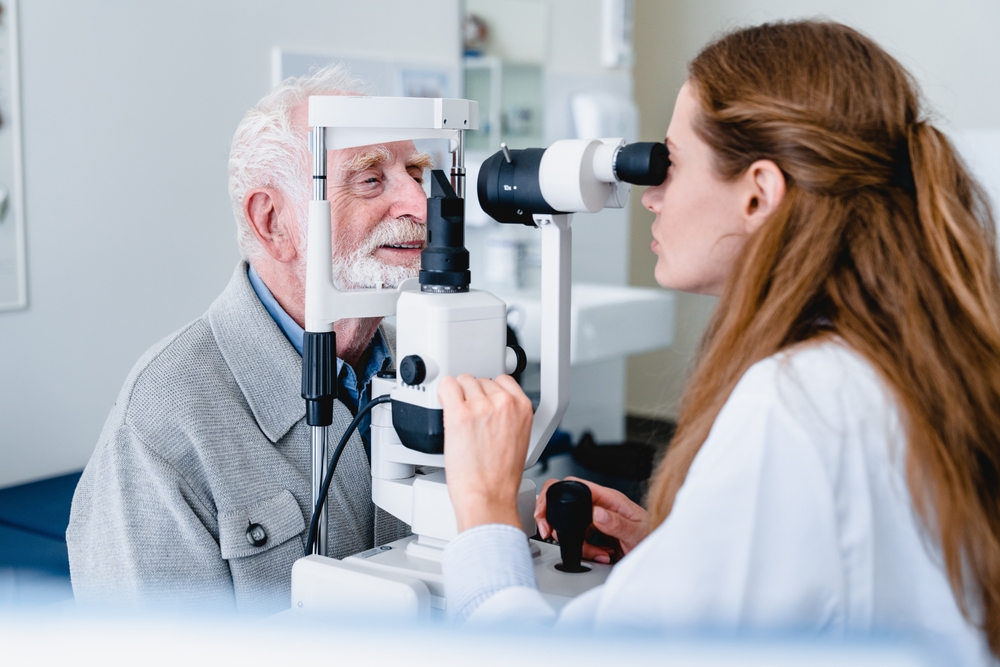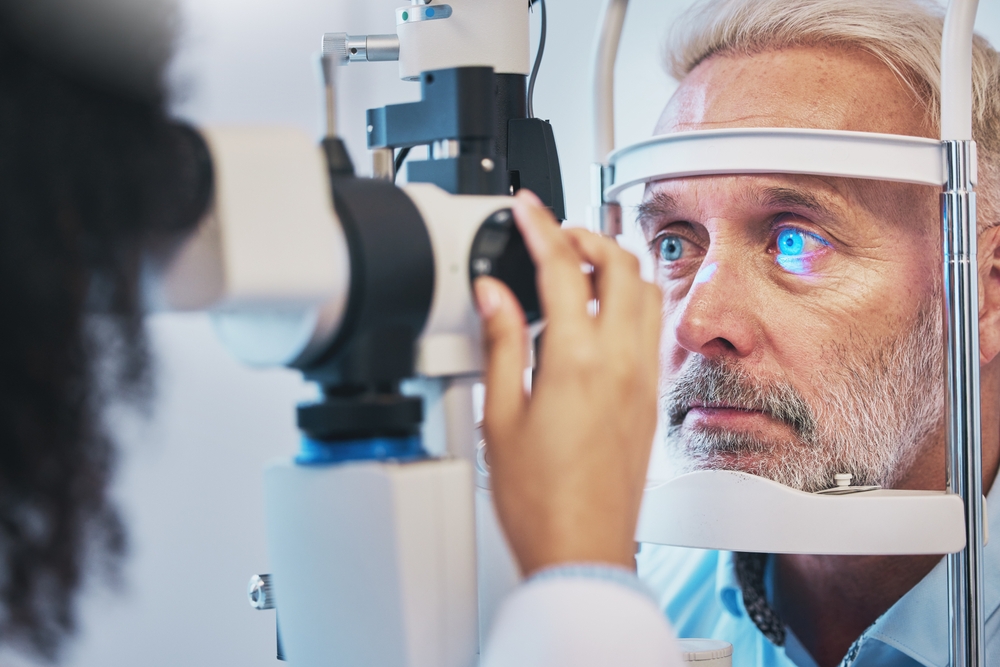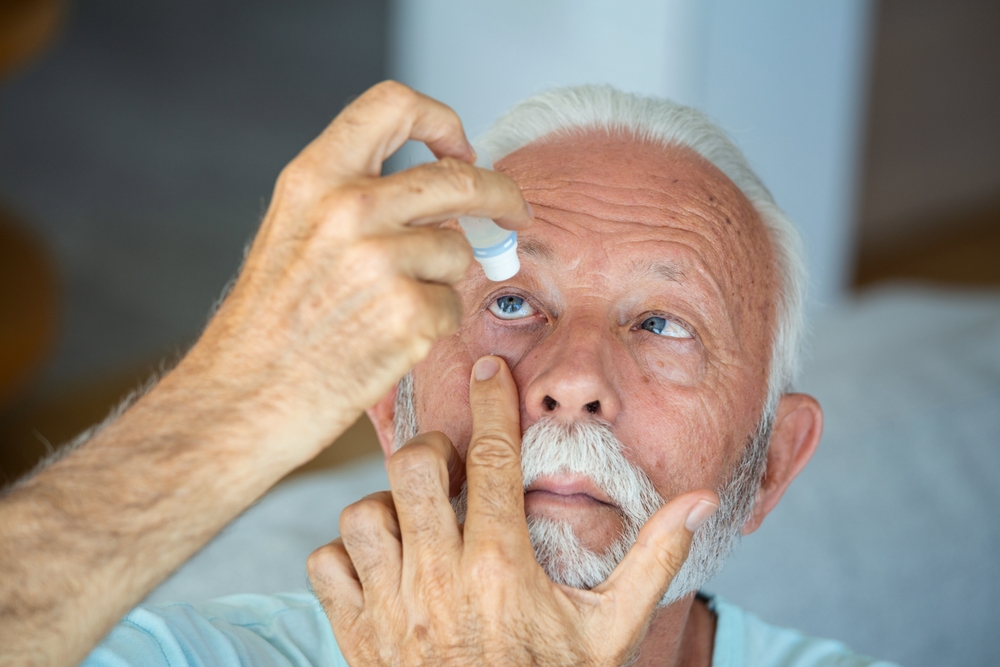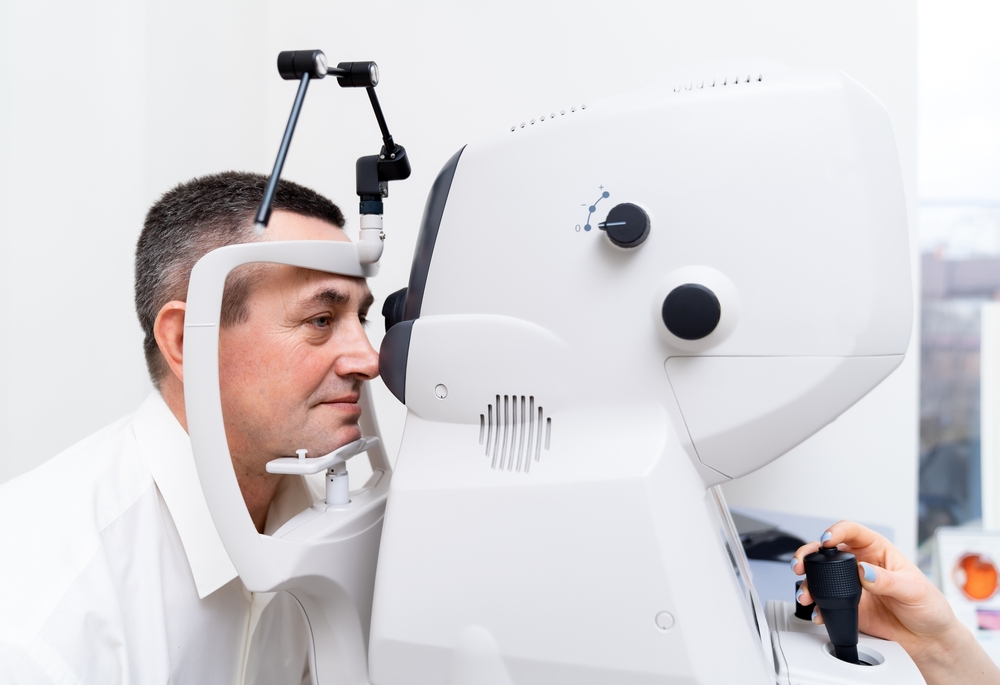Posted by: Focal Point Vision in Blog

Glaucoma is a serious eye condition that can lead to vision loss or blindness. There are many treatments available that can help stop glaucoma from progressing and reduce the risk of vision loss.
Early detection is crucial when it comes to glaucoma since it can cause vision damage without many warning signs. Keep reading to learn more about glaucoma, including its treatment methods and whether or not it can be cured!
What Is Glaucoma?
Glaucoma refers to a group of eye conditions that damage the optic nerve. If glaucoma is not detected or treated, the damage can cause significant vision loss.

Glaucoma is the second leading cause of blindness worldwide. While anyone can develop glaucoma, it’s most common in people who are fifty-five years or older.
There are some factors that may put you at higher risk of glaucoma, including:
- Family history of glaucoma
- Extreme nearsightedness or farsightedness
- Past eye injuries or a history of eye surgery
- Certain health conditions, such as diabetes
- Thin corneal tissue
- Long-term use of corticosteroid eye drops
What Are the Symptoms of Glaucoma?
Early-stage glaucoma may not cause any symptoms. Over time, the damage to the optic nerve starts to cause vision loss.
At first, you may notice patchy blind spots in your peripheral vision. Eventually, the optic nerve damage will lead to difficulty seeing objects in your central vision.
Some types of glaucoma can occur suddenly and cause immediate symptoms and vision problems. This is known as acute angle-closure glaucoma, and it is a medical emergency.
If you suspect you have acute angle-closure glaucoma, you should call your eye doctor or primary care provider or go to an emergency room immediately. Symptoms of acute glaucoma include:
- Severe headache
- Severe eye pain
- Nausea or vomiting
- Blurred vision
- Halos or colored rings around lights
Can Glaucoma Be Cured?
There is no cure for glaucoma, but there are treatments that can slow its progress and reduce the risk of vision loss.
Prescription Eye Drops
Your eye doctor may prescribe eye drops that decrease the pressure in your eyes. Some medications work by improving natural fluid drainage in your eye.
Other medications are designed to reduce fluid production in your eye to prevent excess pressure. You may need to use a combination of prescription eye drops to control your intraocular pressure.

Oral Medications
There are oral medications that can decrease the amount of fluid in the eyes. You may need to take these in addition to eye drops.
Laser Treatments
Your eye doctor can perform a procedure called a trabeculoplasty to improve the drainage in your eyes for those with open-angle glaucoma. It’s an in-office procedure where your eye doctor uses a small laser to increase drainage at the point where the iris and cornea meet inside your eye, where the fluid leaves the eye.
You will need to wait four to six weeks after treatment to know if it is effective. You may still need to take glaucoma medication after the procedure.
Glaucoma Surgery
If laser treatment isn’t the right option for you, there are other forms of glaucoma surgery that can improve intraocular drainage. Your eye doctor may suggest a surgical trabeculoplasty, which works similarly to a laser trabeculoplasty.
Another option is surgery to place tiny tubes, called shunts, in your eye to improve drainage. There are several techniques to perform minimally invasive glaucoma surgery (MIGS).
Your eye doctor can tell you which type of glaucoma treatment is right for you. Treatment for glaucoma can be highly effective and prevent future vision loss.
However, it cannot reverse any vision changes that have already occurred. There is no way to repair the damaged fibers on the ocular nerve, so vision changes are permanent.
Because there is no cure for glaucoma and the condition doesn’t go into remission, treatment is perpetual. Once you have been diagnosed, you will likely need to stay on glaucoma medications for the rest of your life.
Early Detection of Glaucoma

There is no known way to prevent glaucoma. Making positive lifestyle choices like maintaining a healthy weight, being active, and avoiding smoking will improve your overall health and reduce the risk of glaucoma as a complication from other health conditions such as diabetes or high blood pressure.
The best way to prevent vision loss from glaucoma is by having regular eye exams. During a routine eye exam, your eye doctor can check your intraocular pressure and examine the inner structures of the eye.
In some cases, eye exams can detect glaucoma before you have any symptoms or vision changes. Starting treatment at that time can prevent any vision loss in the future.
Are you concerned about your glaucoma risk? Schedule an eye exam at Focal Point Vision in San Antonio, TX, today!
